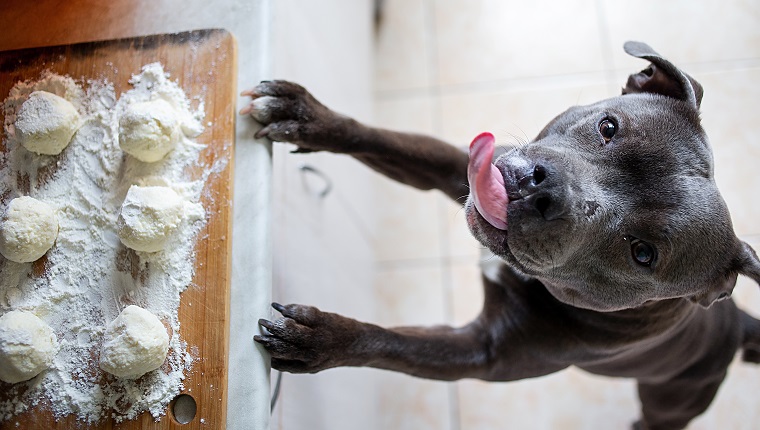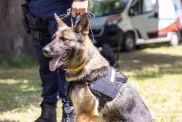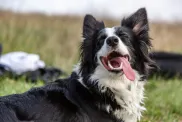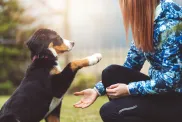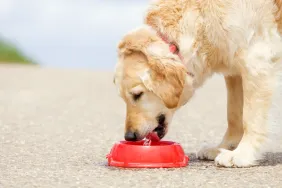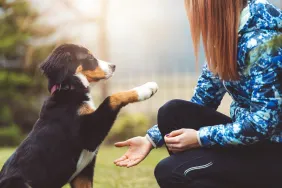Can dogs eat yeast? You might have had this thought if your dog sniffed some yeast that you dropped while you were in the middle of kneading some dough ahead of baking a fresh loaf of bread. If humans can eat yeast, can dogs safely eat it too?
The short answer is no, dogs can’t safely eat yeast. In fact, eating yeast is an emergency situation for a dog, and one that can lead to deadly bloat or alcohol poisoning.
Here’s what you need to know about yeast and dogs.
Why Is Yeast Bad For Dogs?
While occasionally snacking on a slice of bread is unlikely to upset your dog, eating the actual yeast can have serious consequences for a canine, whether your dog sneaks in some yeast from a packet or scarfs down some bread dough that has been left to rise.
When a dog consumes yeast, the ingredient continues to rise and expand inside their warm stomach. This in turn can result in a potentially deadly case of bloat, medically known as Gastric Dilatation Volvulus (GDV).
While yeast ferments, it also produces ethanol. This in turn can become absorbed into a dog’s bloodstream and result in alcohol poisoning.
What Should I Do If My Dog Eats Yeast?
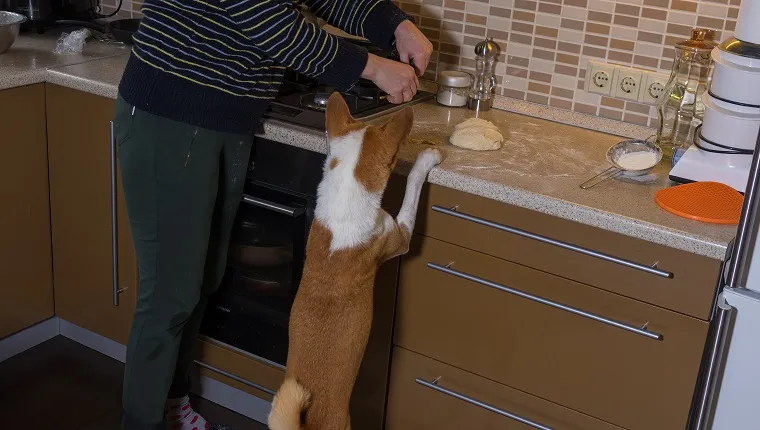
First of all, if you notice that your dog has eaten some yeast, you’ll want to take note of any of the symptoms they display. This can help give you a heads up on whether they might be suffering from a case of bloat or alcohol poisoning.
Some of the most common symptoms of bloat in dogs include the following:
- Trying to vomit
- Seeming anxious
- Drooling
- Breathing very shallowly or heavily
Some of the most common symptoms of alcohol poisoning in dogs include the following:
- Drooling
- Becoming hyperactive
- Seeming weaker than usual
- Trying to vomit
If you notice that your dog has eaten some yeast and is displaying symptoms, call your veterinarian straight away. Bloat and alcohol poisoning are extremely serious conditions and can accelerate very quickly.
In general, a large part of preventing your dog from eating yeast involves making sure that you don’t leave yeast out to rise and ferment in places where an animal can have access to it.
Has your dog ever eaten some yeast? What advice did your vet give you to help your dog? Let us know in the comments below!
